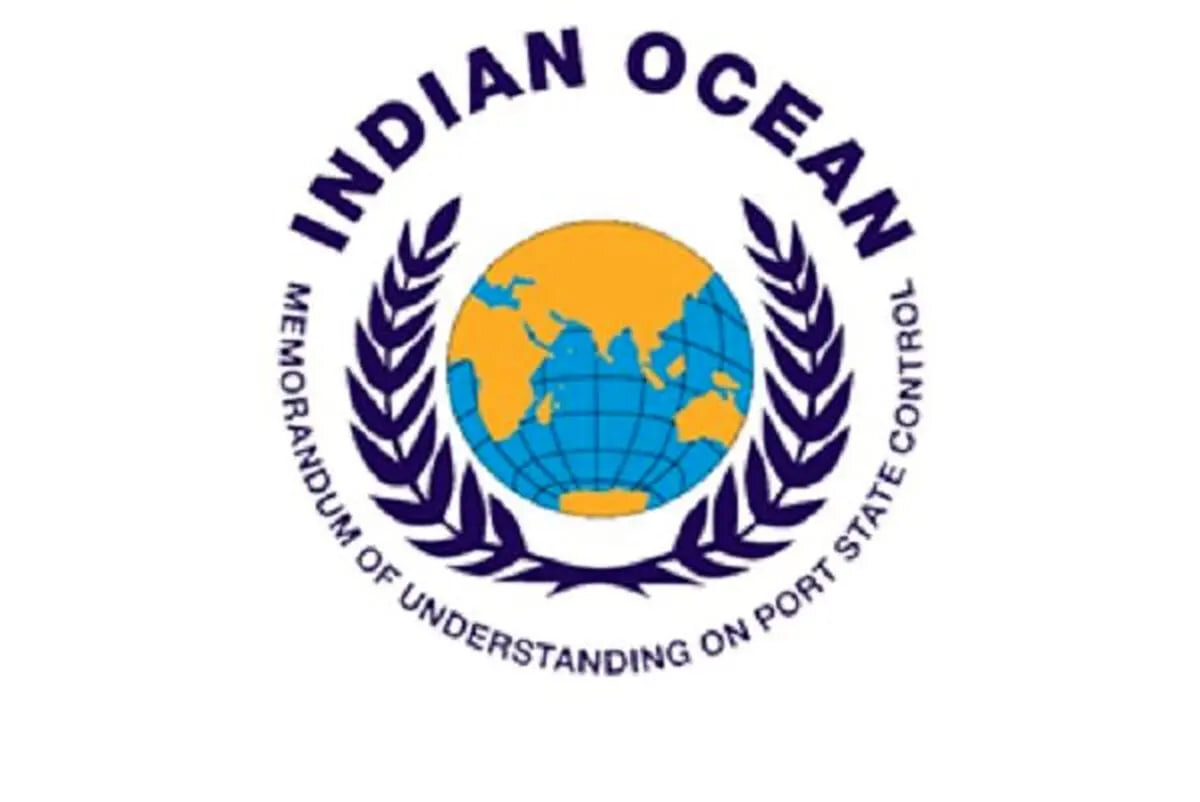IOMOU endorses Irans remote ship inspection initiative to boost regional port state control
IOMOU endorses Iran's remote ship inspection initiative to boost regional port state control
TEHRAN – The Indian Ocean Memorandum of Understanding (IOMOU) on Port State Control has endorsed Iran's initiative to conduct ship inspections remotely, according to a senior official from Iran's Ports and Maritime Organization (PMO).

Allahmorad Afifipour, the PMO's director general for maritime affairs, confirmed that this proposal was approved during the 27th IOMOU meeting in Tanzania in late August.
The method, introduced by Iranian delegates, is set to be implemented within a year, with any necessary updates to be communicated to the IOMOU committee, as stated in a PMO press release on Saturday.
Afifipour emphasized that this Iranian initiative would enable member states to perform inspections promptly, even when physical access to vessels is restricted due to factors such as pandemics, security concerns, or unmanned ships. This approach ensures that safety inspections are not hindered, he noted.
It is important to highlight that the approved Iranian proposal will be formalized as an official document within the IOMOU framework and will complement the existing ship inspection methods in the Indian Ocean region.
This initiative acknowledges Iran's pivotal role in advancing maritime safety and security and presents a valuable opportunity to enhance regional collaboration and coordination. By adopting Iran's proposal for remote inspections, member states can bolster their port state control capabilities, leading to more efficient and effective vessel monitoring while minimizing costs and risks.
The Indian Ocean Memorandum of Understanding (IOMOU) is a regional framework established in 1998 to improve port state control within the Indian Ocean region, focusing on the harmonization of port state procedures.
The Ports and Maritime Organization (PMO) of Iran is a governmental body tasked with overseeing and managing the country's maritime sector.
source: tehrantimes.com